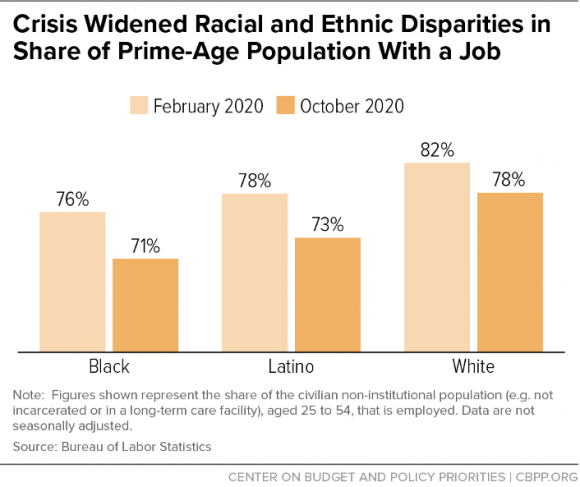Joe Biden will be sworn in as President of a nation in which millions are unable to pay their bills and most of the programs to help them will have expired.
There will be much that he can do, with or without the cooperation of the Senate. But what he will do is another question.
Here’s the deal. The Center on Budget and Policy Priorities reported that—
- Nearly 26 million American adults—12 percent of all adults—reported they sometimes or often had difficulty in putting enough food on the table during the first week in November. That’s triple the pre-pandemic percentage.
- An estimated 13.5 million adult renters—about one in five renters—were behind in their rent.
- Nearly 81 million adults—one in three—reported it was somewhat or very difficult to pay their usual bills.
- In September, some 31 million Americans met the official definition of “unemployed” or were part of a household of an unemployed person.
Bankruptcy filings are mounting, and that is just the tip of the iceberg. Many owners of failed small businesses can’t even afford to file for bankruptcy. State and local governments, meanwhile, are running out of money.
Most of the federal emergency programs to alleviate the crisis will expire at the end of the year. The $600-a-week supplement to state unemployment insurance expired July 31. The rest of the unemployment insurance supplement will expire at the end of the year. An estimated 13.5 million Americans benefit from pandemic-related unemployment relief.
The Senate and House of Representatives are deadlocked on how to extend emergency programs.
So will the moratorium on evictions decreed by the Centers for Disease Control. That wasn’t sustainable as a permanent policy anyway. Property owners who make a living from rental income need that income to maintain the properties and usually to pay for utilities.
And the moratorium on student debt payments decreed by President Trump also expires at the end of the year. About 32 million Americans had loans eligible for suspended payments.
Both the renters nor the student debtors still owe the full amount. They got a temporary suspension of payments, not relief.
∞∞
Joe Biden is the first President to be take office in the middle of a national crisis in which one house of Congress is controlled by the opposition political party. This limits his freedom of action, but progressives say existing law gives him a great deal of power.
The Higher Education Act gives the Secretary of Education authority to settle all publicly-held student debt and cancel all or part of it. David Dayan of The American Prospect says that covers 95 percent of American student debt, which is up to $1.5 trillion. This would help stimulate the economy by making it easier to get a home mortgage or an auto loan.
Biden also would have the authority to forgive up to $50,000 of student debt by executive order.
The Affordable Care Act authorizes the Secretary of Health and Human Services to create a pilot program to cover medical expenses of anyone who suffers from an environmental health problem. The coronavirus, Dayan said, is an environmental health problem.














